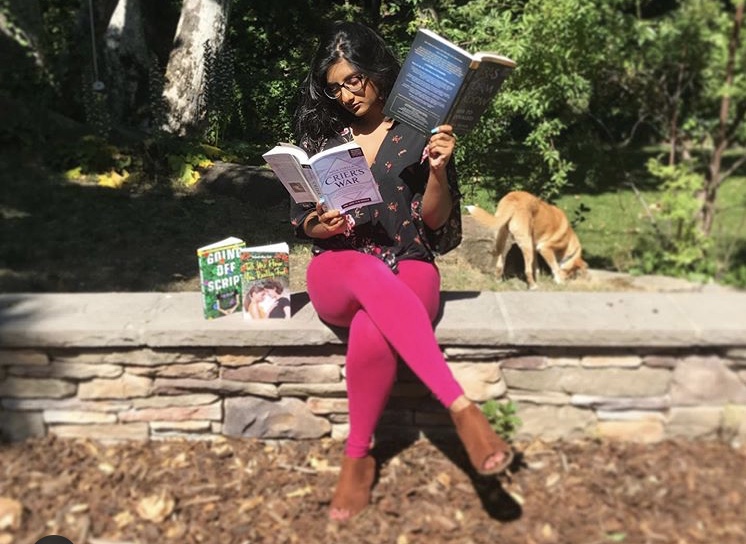I am queer and I am Indian and one of the hardest realizations to come to was the idea that I’d never feel fully seen by the communities that mean the most to me.
I am an out-and-proud queer Indian-American, which is something I love for a variety of reasons, but it also puts me in a position where I never fully seen by either of my communities.
Learning to be proud of being an Indian has been a long and arduous journey. I have gone through years of unlearning internalized racism that was taught to me by my white counterparts, but I am slowly growing into someone who is proud of my dark brown skin. I do say slowly growing, as it is a journey I am still on, but I have made strides that have resulted in me being able to say that I am proud of being an Indian, even if there are still a few challenges I’m working to overcome.
[Read Related: Who Cares About My Sexuality?]
Learning to be proud of being queer has been a different journey, but it has possessed challenges of its own. I do believe that coming to terms with my sexuality was easier than coming to terms with being Indian, but this wasn’t an easy journey either. I have faced obstacles in learning to accept my queerness, and navigating my gender identity has been one of the longest journeys of my life.
But despite the challenges I face due to all of these identifying factors, at my core, I am still proud to be Indian and to be a lesbian and to be genderqueer. I am proud of all the parts of me that makes me…well…me.
Unfortunately, that sentiment is not shared by everyone in these communities.
There is a deep feeling of alienation and isolation because of my existence in two communities that do not see each other. Queerness is not something that is celebrated in India, and brownness is not celebrated among my queer community.
While queerness was not originally villainized in India, colonization changed the accepting nature of my country very quickly. Since then, being queer has been ostracized and villainized, to the point where homosexuality was only very recently decriminalized.
On the other end of the spectrum, racism in the white queer community is almost as loud and proud as being queer. Racist queer white people are celebrated by my white queer counterparts, or race is a conversation completely ignored among my white queer counterparts, both of which make me feel as though I don’t belong in the queer community.
[Read Related: 5 Books that Portray the South Asian LGBTQIAP+ Experience]
There are times when I feel I have to choose between my identities; I feel I cannot truly be brown as long as I am in the queer community. I tone down the parts of me that these communities don’t accept in order to make myself more likable to people who don’t want to respect the entirety of me.
The responses I get when I talk about these different identities proves this discrepancy perfectly. When I talk about being queer, my white queer friends immediately jump up to support my words. Yet, when I talk about being brown, the majority of the support I get is only from fellow people of color.
The only community I truly feel seen is the one made up of fellow queer people of color. Yet, the fact that we were forced to form our own community because neither of the others would ever truly accept us is so telling, and so painful.
The fact of the matter is that I am just as Indian as I am queer. If you don’t see all of me, you see none of me.





